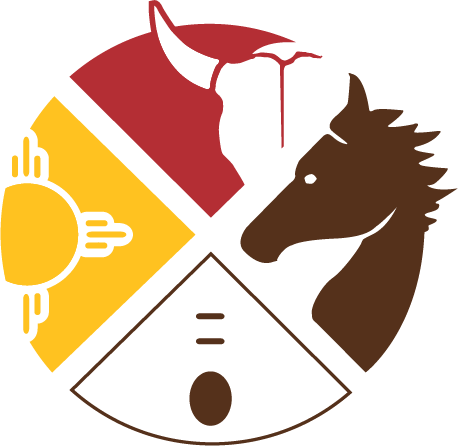The Problem
There is a health and wellness problem here on Pine Ridge, and there are many reasons for it. Where wild Buffalo once roamed in the millions and provided enough abundance for all of the Great Sioux Nations, including the Oglala Lakota, there is now no more access to wildly raised meat which the Lakota DNA is designed to thrive on due to the killing of the Buffalo in the late 19th century.
Ever since, the Lakota have struggled to find a new diet which could nourish them in healthy ways. Now, many families rely on government commodity and highly processed convenient store foods because the one grocery store of moderate size is tasked with providing for the entire community. People cannot afford to make trips into the neighboring cities multiple times per month where there is access to this food, never-mind being able to afford the expensive organic groceries themselves.
The result:
The average life expectancy on the Reservation is 47 years for men and 52 years for women.
Oglala Lakota County ranked last in the state of South Dakota for quality of life and health behaviors.
Approximately 50% of adults over the age of 40 have diabetes
Tuberculosis rates here are 800% higher than America as a whole
Our Solution: A Lakota Food Distribution Network
We are establishing, designing, and implementing a food distribution network across Pine Ridge
The Hubs will be located on the major highways and throughways of the Res. They will include all Four pieces of our current Food Production System:
Large-production high-tunnel gardens at least one acre large
Walipini Greenhouse for extended growing seasons
Root Cellar for year-round storage of root vegetables and canned veggies and fruits
Yakhchal evaporative cooler for ice and cold Storage
The Spokes will be smaller gardens, less than one acre, which we will design and implement for Tiwahe’s on their own land across the Reservation.
Using the classroom and meeting space at the Indigenous Wisdom Center, we can teach and empower self-identifying individuals how to maintain small, medium, or large production gardens to provide locally grown, organic produce to feed their Tiwahe’s and Thiyospayes.
The individuals will need to maintain the garden, and in the spirit of Lakota Sovereignty, it will be their decision on how to best use the garden to serve their Tiwahe & Thiyospaye

